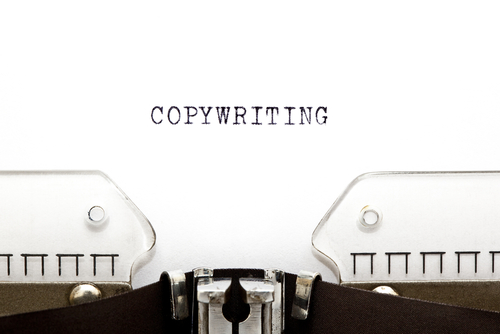Over the past few years, I have steadily moved into the sphere of academic editing, a job which is rewarding, informative, and for those who are motivated by the constant need to learn new skills, extremely fruitful. Apart from the fact that you are assisting students who have a wealth of academic knowledge but lack the skills required to produce a totally professional thesis or dissertation, you are given a wonderful opportunity to acquire new knowledge in a number of different spheres.

Are there specific categories for editors?
My experience and knowledge of the skillset required to complete the full edit of an academic thesis has grown steadily with each new project. Learning the rules and regulations associated with compiling a professional document which will become part of the body of academic research literature has been arduous at times, but so worth the effort.
Can an editor add their personality to documents?
Any editing work is aimed at presenting a final document which is unambiguous, understandable, and precise. Editing does not, however, involve adding your own biases, understanding or ideas to any document. Your job is simply to enhance a document whilst remaining completely uninvolved in the ideas presented therein. The document is not your creation, but that of the author who knows and understands the subject. Many authors have a distinct writing style which is personal and unique to them, and which can be identified very quickly as work coming from their corner. One has only to think of authors such as Stephen King, whose writing style is iconic and unique to him. His books can be identified as coming from his imagination within a couple of pages, even one is not informed of the name of the author. That is exactly how it should be. An editor is there only to spot inconsistencies, spelling errors, typos, layout, and punctuation, not to change the style of the writing.
As such, and much as it may irritate an editor, that style of writing has to remain consistent within the entire document. Whilst a clumsily worded sentence may be improved for clarity and understanding, and constantly repeated common words may be amended with synonyms to prevent the constant assault of seeing the same word being over-used throughout the document, one has to be careful of using a word or phrase which the author would find stylistically jarring, which can be a difficult lesson to learn for an editor.
Editors assist with readability of documentation
I have found, with different projects, that students and authors of academic papers tend to repeatedly use phraseology unique to themselves, often to a detrimental effect on their meaning and readability. There is no criticism intended here – academics are more interested in their subject matter than the niceties of presenting a perfectly worded paper. This is commendable, but it can be difficult for readers to absorb the content when there are misused phrases, over-long paragraphs and sentences which somehow lose their meaning along the way. Imagine listening to a speech that has too many stop/start fillers – those “um”, “ah”, “erm”, and similar words which creep into sentences and derail the impact of the message. It becomes tiresome and interest in the subject matter can quickly wane. Clarity is the key to academic achievement, and this is true of academic writing as well. Professional and business writing follow the same general rules whilst informal presentations have more leeway to “wander” and occasionally go off-track. That is their appeal in many cases and often serves the purpose of holding the reader’s attention. There is a vast difference between these different kinds of writing.
Consistency is key!
Editing a long document includes ensuring that consistency is maintained throughout the document, not only regarding the wording but also concerning presentation – margins, numbering, indents, spacing, and adherence to formal and professional standards, amongst other requirements. A well-presented document is consistent, clear, and conveys the message and information with maximum impact for the reader. As an avid reader, I find typos, punctuation and spelling errors, and inconsistencies within a document to be both off-putting and detrimental to the author. Poor grammar can also be a major irritant, easily remedied with the assistance of a sharp-eyed editor who knows language rules and how to apply them, whilst maintaining the stylistic integrity of the author.
Despite our best efforts, editors are human too!
I hasten to add that editors are not perfect! We are guilty of not picking up every flaw in a document, of missing errors which should be noticed and rectified, and of sometimes not being on top of our game and thus letting our clients down. Even AI, which purports to be the answer to all writing dilemmas, is not infallible. Nothing is perfect, but editors exist to take the worry off the author’s shoulders and be their second pair of eyes. It can be hard work with long hours and plenty of frustration at times, but editing as a profession is rewarding, fulfilling, and totally satisfying. You get to choose your clients, you learn something new with every project you undertake, you continually improve your skills and experience, and you know that your efforts have helped someone to present their best work to the world. What else could one ask for in a job?

